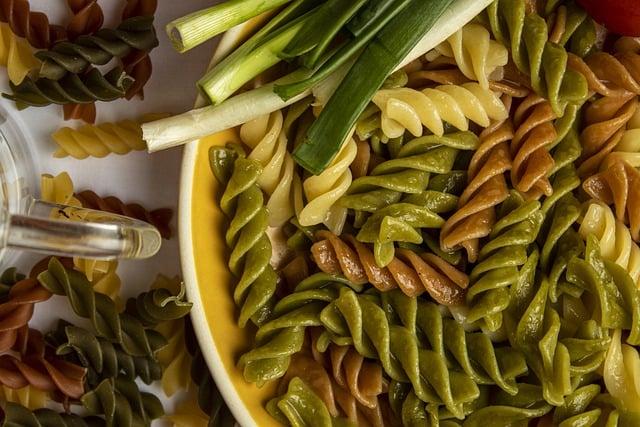In the gentle purr of a contented cat or the joyful wag of a dog’s tail, we find companionship that fills our lives with warmth and wonder. Yet, beneath their playful antics, our beloved pets rely on us to safeguard their health and happiness. Just as our diets shape our well-being, the foods we choose for our furry friends play a pivotal role in their long-term vitality. In this exploration, we delve into the heart of pet nutrition, uncovering how thoughtful dietary choices can be the key to preventing chronic illnesses in our cherished companions. Join us on a journey to nourish not just their bodies, but their boundless spirits.
Nourishing Choices for Lifelong Health
Just like humans, pets thrive on a balanced diet that can significantly impact their health and longevity. Choosing the right nutrients can be a proactive approach to ward off chronic illnesses in our furry companions. Key dietary components to focus on include:
- High-quality proteins: Essential for muscle maintenance and overall vitality.
- Omega-3 fatty acids: Promote heart health and reduce inflammation.
- Antioxidants: Strengthen the immune system and protect against cellular damage.
Incorporating these elements into your pet’s meals can not only improve their current well-being but also serve as a foundation for lifelong health. Remember, every pet is unique, so consulting with a veterinarian to tailor dietary needs is always a wise choice.

Understanding Nutritional Needs for Different Breeds
Each pet breed comes with its unique set of nutritional needs, much like how different people have distinct dietary requirements. For instance, larger dog breeds such as Golden Retrievers and German Shepherds often benefit from diets rich in glucosamine and chondroitin to support joint health, while smaller breeds might require a higher calorie intake due to their faster metabolism. Cats, on the other hand, may have different needs altogether; breeds like the Maine Coon may require a diet high in protein and omega fatty acids to maintain their luxurious coats and robust health.
- Large Breeds: Focus on joint support and controlled calorie intake to prevent obesity.
- Small Breeds: Higher energy diets with smaller, more frequent meals.
- Cats: Protein-rich foods with essential fatty acids for coat health.
Understanding these specific dietary needs not only enhances the well-being of your furry friend but also plays a crucial role in preventing chronic illnesses. By tailoring their diet to their breed-specific requirements, you’re investing in a healthier, happier life for your pet.

Spotting the Signs: Diet-Related Health Issues in Pets
Pets, much like humans, can experience a range of health issues directly linked to their diet. Recognizing these signs early can make a significant difference in their overall well-being. Common indicators that a pet’s diet may be causing health problems include:
- Weight Fluctuations: Sudden weight gain or loss can point to nutritional imbalances.
- Skin and Coat Issues: Dull fur, excessive shedding, or skin irritations often suggest dietary deficiencies.
- Digestive Problems: Frequent vomiting, diarrhea, or constipation can be symptoms of food intolerance or allergies.
- Lethargy: A lack of energy might indicate that your pet isn’t receiving the necessary nutrients.
By paying close attention to these signals, pet owners can make informed decisions about dietary adjustments, ensuring a balanced and nutritious diet that supports long-term health.

Crafting a Tailored Meal Plan for Your Furry Friend
Creating a meal plan that suits your pet’s unique needs can be a game-changer in maintaining their health and vitality. A well-balanced diet not only supports their daily energy requirements but also acts as a preventive measure against chronic illnesses. Here’s how you can craft a personalized meal plan for your furry companion:
- Consult with a Veterinarian: Every pet is unique, and what works for one might not work for another. A vet can help identify specific dietary needs based on age, breed, and health conditions.
- Incorporate Variety: Just like humans, pets benefit from a diverse diet. Include a mix of proteins, carbohydrates, and fats to ensure they get all the necessary nutrients.
- Monitor Portions: Overfeeding can lead to obesity, while underfeeding might cause malnutrition. Pay attention to portion sizes and adjust as needed based on activity levels.
- Include Essential Supplements: Sometimes, diet alone isn’t enough. Supplements like omega-3 fatty acids or probiotics can enhance overall health and prevent issues such as joint problems or digestive disorders.
By tailoring a meal plan that caters specifically to your pet’s needs, you not only enhance their quality of life but also fortify their defenses against potential health challenges. A little attention to their diet can go a long way in ensuring they stay happy and healthy for years to come.


































